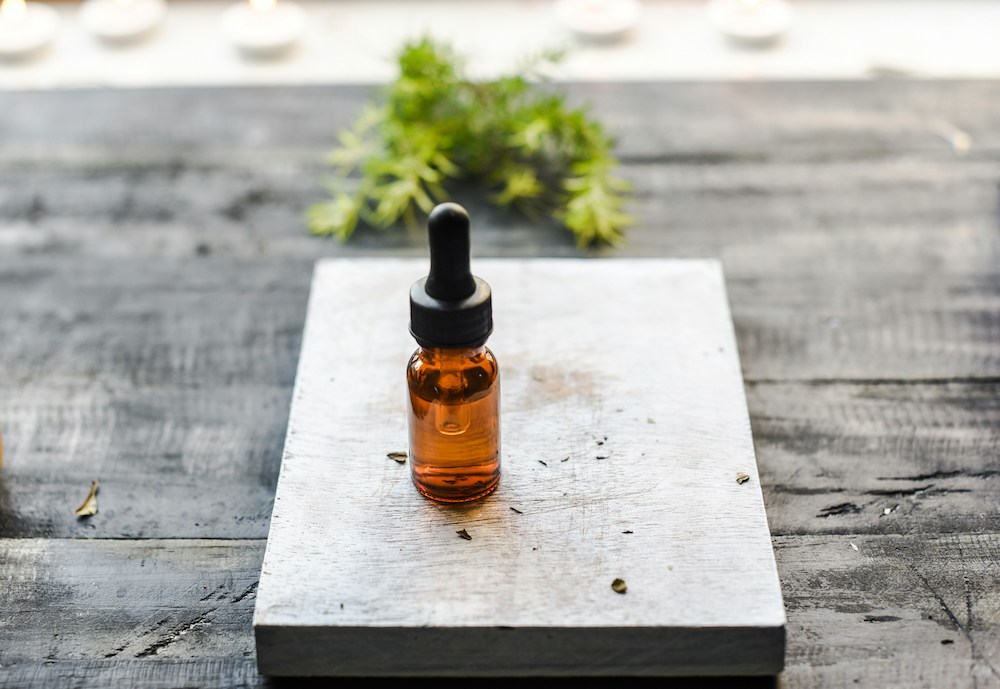You’ve probably seen ads for CBD products at the pharmacy, online, in strip malls, and, well, everywhere. And at this point in time, it’s not fool’s gold—the CBD market is expected to reach $20 billion by the end of 2024. If holistic wellness is a passion of yours—or if you’re entrepreneurial-minded—you’re probably wondering how to get your foot in the door of this still-exploding industry. Below are a few basic considerations to help you start selling CBD.
Learn the legalities
Selling CBD products is a little different than selling anything else, because of its long and rather complex legal history. To make a long story short, all products derived from cannabis were federally illegal until late 2018. In that year, products from industrial hemp were legalized. Industrial hemp is derived from a type of cannabis that is bred to have no more than 0.3% THC. Any more than that, and the plant is classified as marijuana, and is illegal.
Another issue is that the FDA considers CBD to be a drug, and drugs can’t legally be mixed with food. So, why do you see CBD edibles all over the place? Well, the FDA doesn’t have any federal enforcement officers of its own. It relies on states to enforce its regulations, and some states have been tougher on CBD than others. The bottom line? Do your research, and make sure you know what you’re getting into from the get-go. You might also consider collaborating with a lawyer to ensure that everything you do is legitimate.
Decide what to sell—and how
You may already have some idea of which CBD products you’d like to sell. If you feel confident that your state won’t pester you over CBD-infused food and drink products, they can be quite popular (and profitable). You can also add CBD to lotions, shampoos, pet treats, tinctures, and sprays. From a business perspective, you will be most successful if you can fill a niche that doesn’t currently exist, or which exists, but doesn’t currently have a high-quality option.
You should also be aware that, whatever you decide to sell, you will have to be careful with the language you use to advertise it. The FDA has only formally approved one CBD product—an epilepsy drug called Epidiolex—and any other claims about CBD’s efficacy have not been proven. You will have to take care to avoid language that indicates that CBD can treat any diseases or symptoms (including mental ones, like depression). One way to get around this is by combining the CBD with a product that has been FDA-approved. For instance, a CBD-melatonin gummy will help give users a restful sleep, and it is legal to say so, as long as you do not attribute the product’s efficacy to the CBD.
Decide where to source your product
If you’ve got a green thumb and a bunch of land at your disposal, you’re probably inclined to grow and process your own hemp products. If you decide to go this route, remember to select a plant species with low THC levels. Again, anything with more than 0.3% is considered marijuana, and nothing derived from it can be legally sold as CBD. Also, be aware that industrial hemp plants take from two to six months to grow each year, so if you want to jump in immediately, you’re better off partnering with a grower.
There are a lot of hemp growers out there, and many of them are, ahem, a bit sketchy. Look for a supplier who is in the U.S., as domestic growers are typically well-versed in U.S. regulations and are more likely adhere to them. In addition, most responsible CBD sellers will send batches of their extract to an independent laboratory for analysis, and make the results freely available. Sometimes independent bodies, like NSF International, will evaluate and approve products, too. Always do your homework, and never simply take a grower’s word for it!
Start selling CBD!
Once you’ve got the basics down, the rest will be typical marketing and branding tasks that apply to any business. Your CBD business-building checklist will include:
- Choosing a name
- Designing a logo
- Building a website and social media pages
- Designing product packaging (preferably something unique!)
- Developing a business plan and marketing strategy
- Spreading the word through SEO, ads, and local events
We know—it’s a lot easier said than done. But with enough hard work and determination, anyone can start selling CBD products and turn a profit.
SSI is a packaging, shipping, labeling, & marking/coding company based in Richmond, VA. We offer everything small business owners need to pack & track their image. To learn more about our vast range of products, feel free to browse our online catalog.

